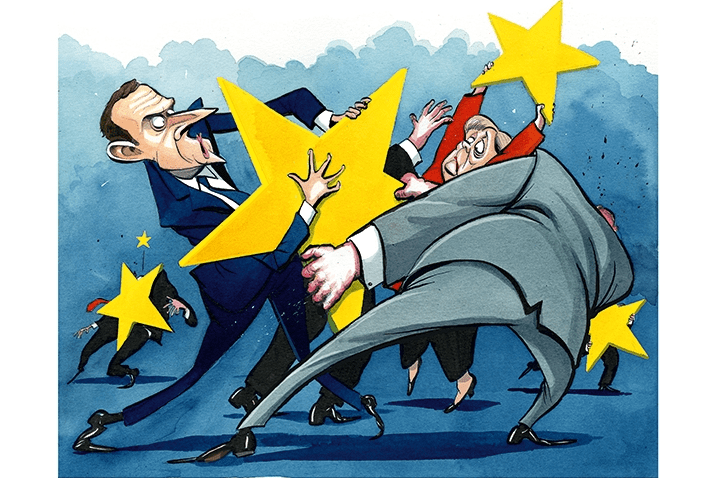For about five years, those longing for a centrist restoration have been declaring that the madness is on its way out and the sensibles are back. Donald Trump, Matteo Salvini, Marine Le Pen: all of them were just temporary horrors. In Poland’s recent election, Donald Tusk was returned to power, with his whole entourage of Europhiles and progressive foundations.
Already a subscriber? Log in
Subscribe for just $2 a week
Try a month of The Spectator Australia absolutely free and without commitment. Not only that but – if you choose to continue – you’ll pay just $2 a week for your first year.
- Unlimited access to spectator.com.au and app
- The weekly edition on the Spectator Australia app
- Spectator podcasts and newsletters
- Full access to spectator.co.uk
Or
Unlock this article
You might disagree with half of it, but you’ll enjoy reading all of it. Try your first month for free, then just $2 a week for the remainder of your first year.








Comments
Don't miss out
Join the conversation with other Spectator Australia readers. Subscribe to leave a comment.
SUBSCRIBEAlready a subscriber? Log in